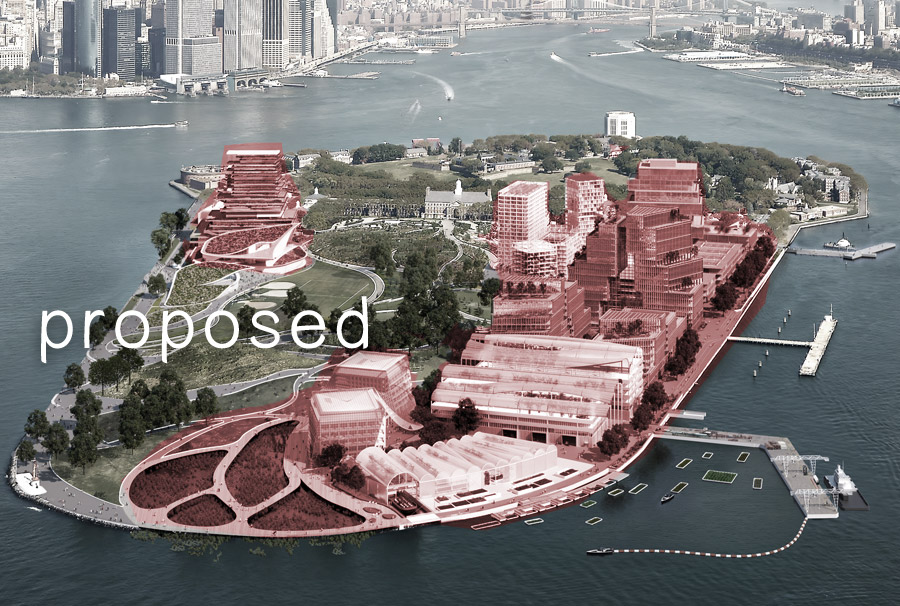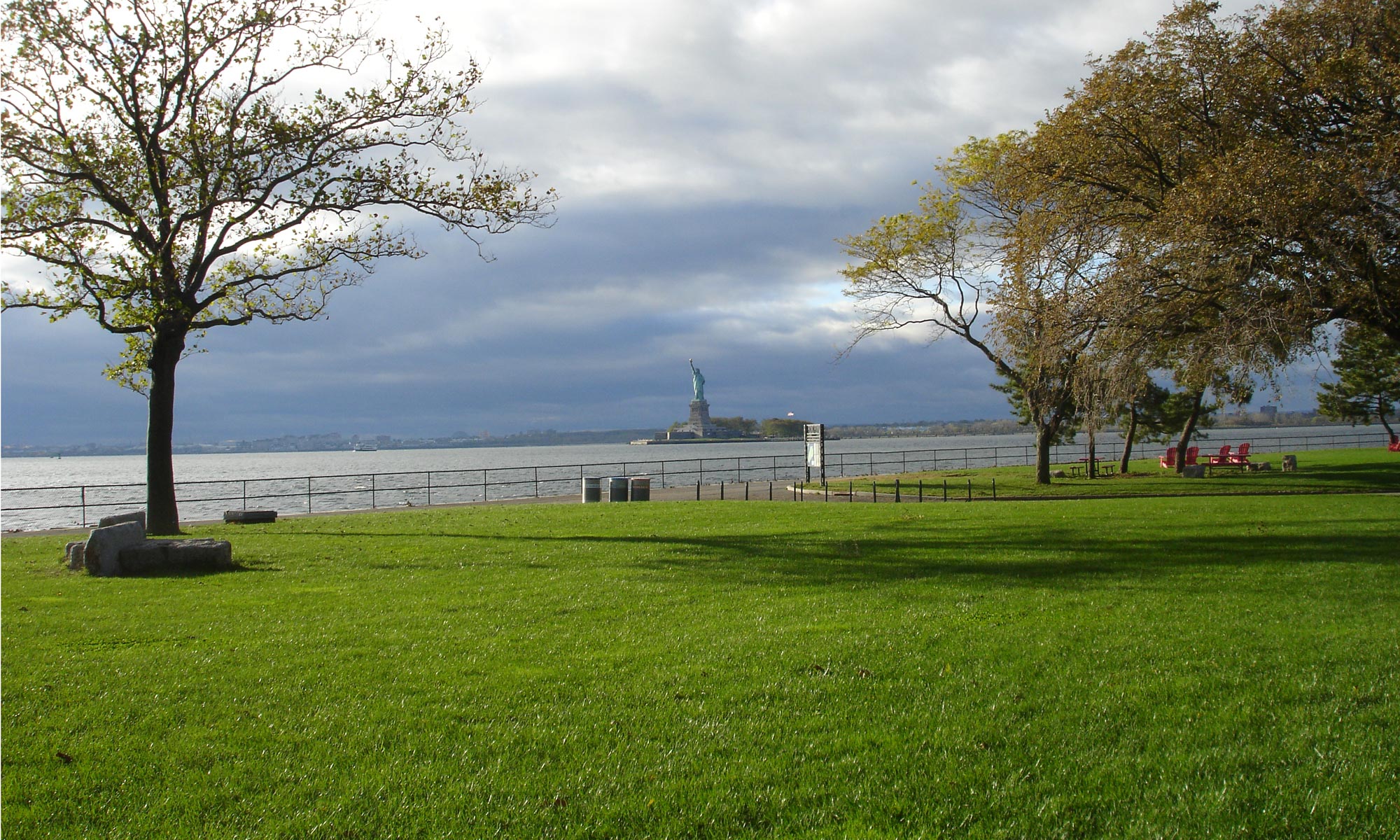
Governors Island: Can the Trust be trusted?
April 6, 2021
BY ROGER MANNING | Governors Island, first used by the Lenape people, was the first Dutch settlement in New York and instrumental in the escape of Washington’s army in 1776. The island, formerly an Army and then a Coast Guard base, was turned over to the city in 2003.
It is currently a bucolic, car-free parkland oasis that is home to a national monument and a historic district, and provides space for education, the arts, playgrounds, athletic fields and environmental projects. All this with fantastic vistas, smack dab in the middle of New York Harbor. It belongs to all New Yorkers and is visited by people from 99 percent of New York City’s zip codes.
Can the Trust for Governors Island — which is charged with managing the island — be relied on to not sell out the island to the de Blasio administration’s economic recovery blitzkrieg of destructive rezonings? In the Trust’s support for a massive upzoning of Governors Island, it would seem not.
The Trust’s currently proposed rezoning must be withdrawn in order to prevent an incredibly unique, green New York City public urban refuge from essentially becoming a backyard for a massive corporate-style facility being marketed as a climate change research center. Establishing “year-round use” for the island does not justify this plan.
In the review of the rezoning plan, any discussion regarding a climate center is irrelevant, misleading and should be termed off-topic. There is nothing legally requiring that the research center be built. Mainly, it serves as a potential “anchor tenant” in order to attract developers and sell the upzoning to the public. In fact, Governors Island is already productive as a climate hub, thanks to the work of Earth Matter, GrowNYC, the Billion Oyster Project, the Harbor School and others.
In any case, new development on Governors Island should be kept to minimum and not exceed the four-story height of buildings in the historic district or the 35-foot height limit of the current zoning. The requested 30-story-plus height (10 times the current allowance) is solely for attracting developers. And while the Trust for Governors Island claims that development will be restricted to two areas on the island, there is no defining limit. The future tenant can apply to expand into Governors Island’s green space.
Apparently, this is a different Trust than the one that has done great work in the past. Current members, who are appointed by the mayor, are generally from real estate and Wall Street backgrounds. Not one historical preservationist, organic gardener, marine biologist, exercise or public health expert or historian. Alicia Glenn, the current chairperson of the Trust for Governors Island, has “cited the hopeful case of Robert Moses” and has referred to the island as “a nice piece of real estate.”
The Trust’s main rationale for this intrusive project — financial self-sufficiency for Governors Island — is not justified. The Trust’s own speculative projections (based on pre-COVID conditions) state that financial self-sufficiency would not be achieved until 2050. Meanwhile, this plan would cost taxpayers billions.
Also, as Manhattan’s Community Board 1 points out in its Dec. 22, 2020, resolution, the Trust has not provided enough information to evaluate the project. As a City Planning commissioner said at the March 1 public review, this project is akin to the city giving the Trust a blank check for an unspecified project. More work needs to be done exploring and promoting less invasive, more organic funding approaches available under current restrictions.
The rezoning proposal has received various disapprovals from C.B. 1 and Manhattan Borough President Gale Brewer. C.B. 1 reported a record number of public comments submitted — the majority against the Trust for Governors Island plan. Then, at the Feb. 3 City Planning Commission public hearing, there was a surge of groups speaking in favor — most of them dependent on the goodwill of the Trust. They generally gushed over the Trust’s climate center concept but neglected to address how the proposed development would negatively impact the island by casting enormous shadows, boxing in historic and parkland areas, and including parking for 300 vehicles.
This is an awful rush and unfair to all New Yorkers, today and in the future.
Land-use public hearings being held virtually due to COVID-19 are too difficult for authentic public participation and should be suspended. There is precedent for this: The ULURP process is currently halted in two Brooklyn rezonings: Gowanus Rezone and 960 Franklin Ave. Rezoning Plan (across the street from the Brooklyn Botanical Gardens).
Manning is co-founder, Metro Area Governors Island Coalition (M.A.G.I.C.). For documentation and more information about M.A.G.I.C., click here.
Published in the the Village Sun: https://thevillagesun.com/governors-island-can-the-trust-be-trusted
